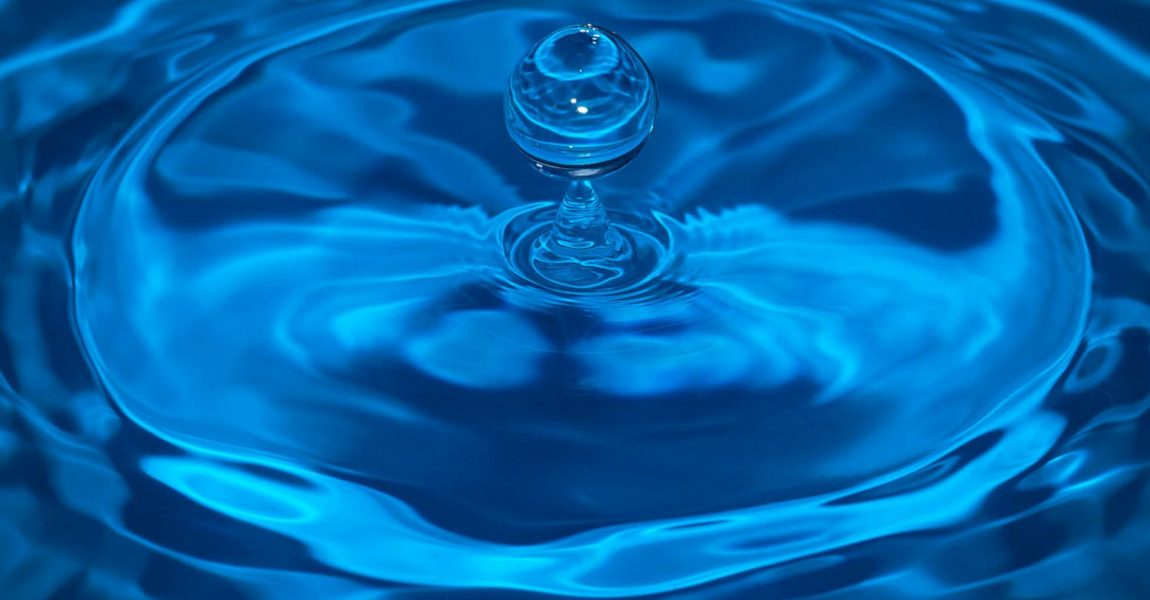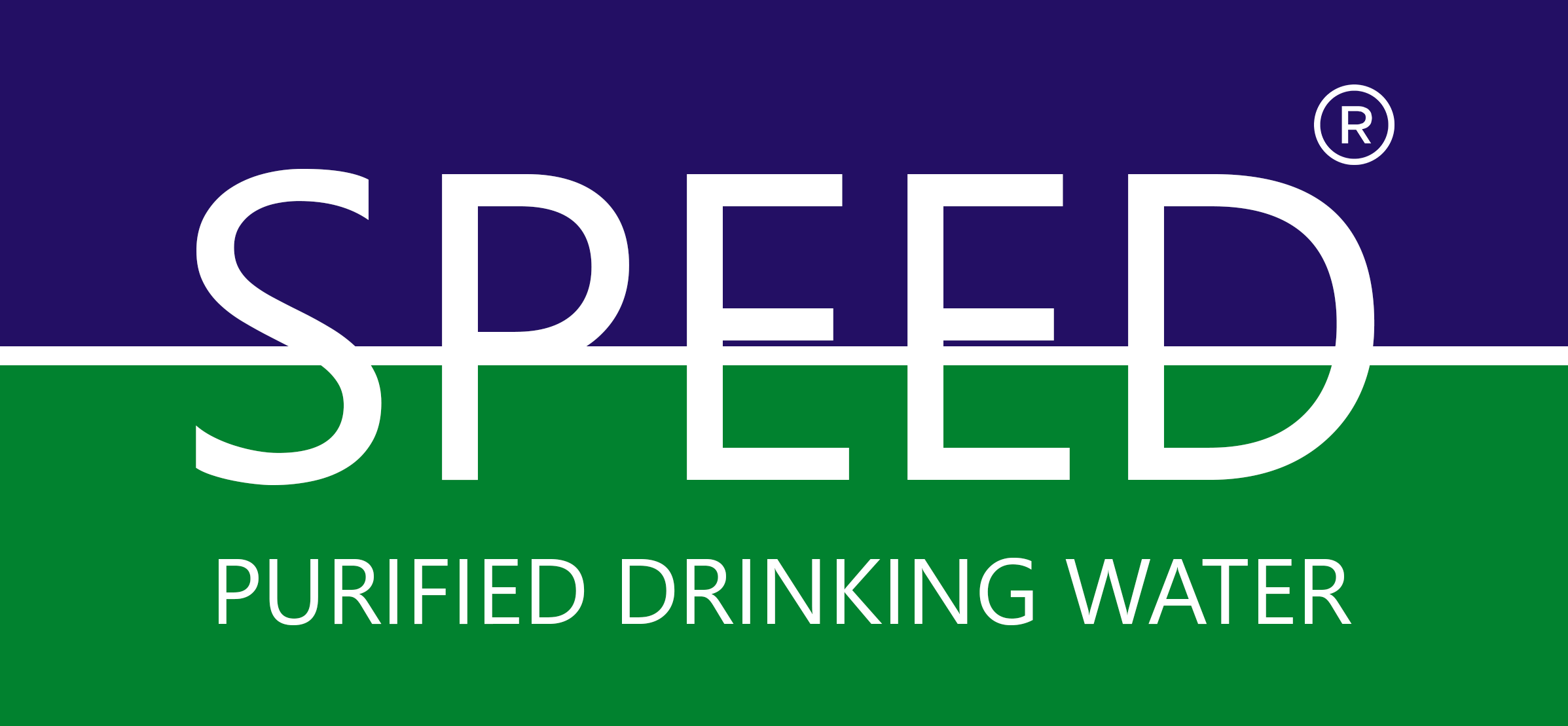
Drinking water – tap, filtered, or bottled – is important for healthy hydration and plays a vital role in people’s lives. Consumers choose bottled water for several reasons, including taste, quality, and convenience.
Bottled water is also an alternative to less-healthy sugary packaged beverages when consumers want to eliminate or moderate calories, caffeine, sugar, artificial flavors or colors, alcohol, and other ingredients from their diets.
Support For Public Water Systems
Contrary to what you might hear, the bottled water industry supports a strong public water system which is important for providing citizens with clean and safe drinking water. In fact, many bottled water companies use public water sources for their products. Once the water enters the bottled water plant several processes are employed to ensure that it meets the purified water standard. These treatments can include utilizing a multi-barrier approach. Measures in a multi-barrier approach may include one or more of the following: , distillation, micro-filtration, carbon filtration, ozonation, and ultraviolet (UV) light. The finished water product is then placed in a sealed bottle under sanitary conditions and sold to the consumer.
Moreover, the water from public water systems is often compromised after emergency situations or natural disasters (e.g., hurricanes, floods, tornados, fires, or boil alerts). During these times, bottled water is a necessary and reliable alternative to deliver clean, safe drinking water. However, tap water does provide in most cases a safe source of drinking water, even if occasional system failures make it necessary for consumers to search for alternatives during these times.
Get the Facts
Want some fact-based information about how public water systems and bottled water are regulated? The Drinking Water Research Foundation (DWRF) report “Bottled Water and Tap Water: Just the Facts” provides a detailed side-by-side comparison of quality and monitoring regulations for tap water and bottled water.
Source – International Bottled Water Association
- September 25, 2017
- 3,378
- 0
- Water
